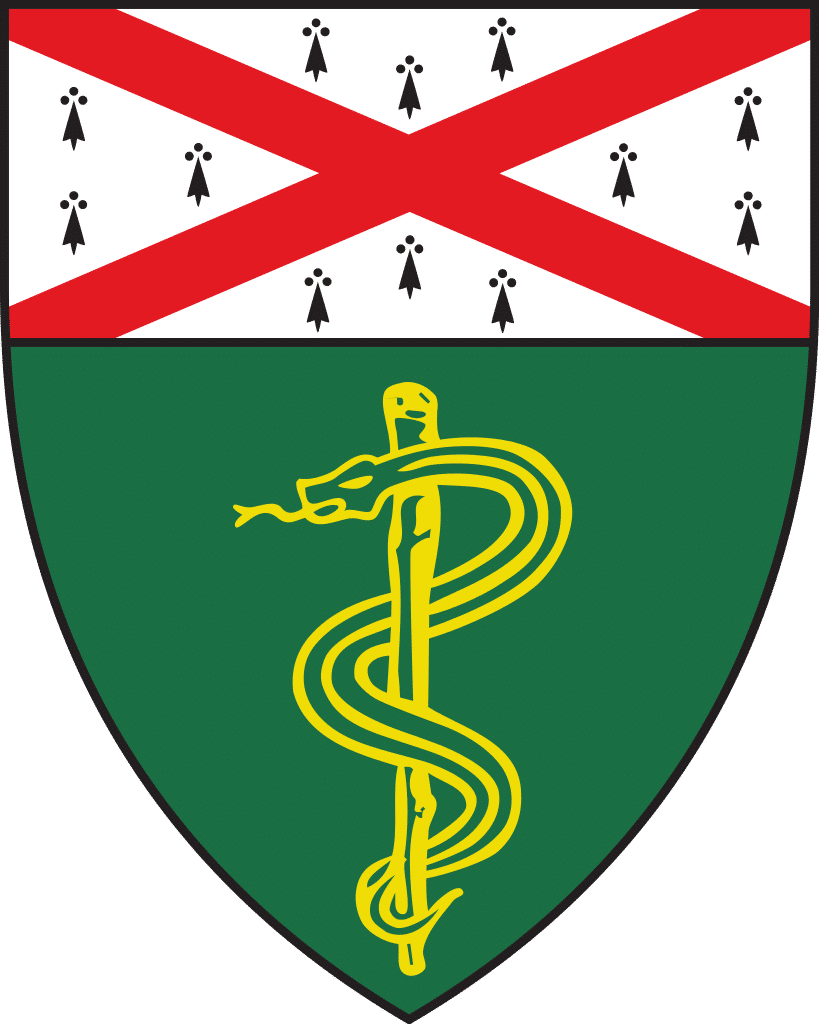Timing of Chemo Could Be Key to Pancreatic Cancer Outcomes
24 Jun 2024
Clinical ResultASCOClinical Study
MONDAY, June 24, 2024 -- Giving people with pancreatic cancer chemotherapy both before and after a tumor-removing surgery brought better outcomes than if they got the drugs only after the surgery, new research shows.
Researchers at the Yale Cancer Center (YCC)Cancer Center (YCC) and Yale School of Medicine focused on pancreatic ductal adenocarcinoma (PDAC), which accounts for 90% of pancreatic cancers.
Because it is often detected only at advanced stages, pancreatic cancer is one of the most lethal tumor types. As the Yale team noted, only 15 to 20% of pancreatic cancers are caught when tumors are still operable.
For those patients, chemotherapy has traditionally been given after the surgery to help kill off stray cancer cells.
That chemo is nicknamed FOLFIRINOX -- a combination treatment consisting of leucovorin calcium, fluorouracil, irinotecan hydrochloride, and oxaliplatin. It's been a first-line treatment for patients with metastatic pancreatic cancer since 2011.
A team led by Yale's Dr. Michael Cecchini wondered if giving patients with operable advanced pancreatic cancer FOLFIRINOX ahead of their surgery, as well as afterwards, would boost outcomes.
The goal was to have at least 50% of patients live for 12 months without their cancer progressing.
The study enrolled 46 patients, 37 of who were able to complete the six pre-surgical cycles of FOLFIRINOX before surgery, and then another six cycles afterwards. Twenty-seven of the patients underwent successful tumor removal.
The trial exceeded the researchers' goal: 67% of patients experienced at least 12 months of progression-free survival, the team reported, and 59% lived for at least two years following the dual-chemo approach.
The findings were published June 20 in the journal JAMA Oncology.
“When the study launched, even with operable pancreatic cancers, 90% of patients were still relapsing and dying from their cancer eventually,” Cecchini explained in a Yale news release.
“We sought to move chemotherapy up in their treatment regimen and give it before surgery, to see if we could improve the outcome for our patients," said Cecchini, who is co-director of the colorectal program at the Center for Gastrointestinal Cancers at Smilow Cancer Hospital and YCC.
He noted that the study was small, and larger randomized clinical trials are needed.
“I think even though there have been changes in standard of care for patients with this aggressive pancreatic cancer type, we have here very promising data to justify a larger study,” Cecchini said.
Whatever your topic of interest, subscribe to our newsletters to get the best of Drugs.com in your inbox.
For more details,please visit the original website
The content of the article does not represent any opinions of Synapse and its affiliated companies. If there is any copyright infringement or error, please contact us, and we will deal with it within 24 hours.
Organizations
Indications
Targets
-Hot reports
Get started for free today!
Accelerate Strategic R&D decision making with Synapse, PatSnap’s AI-powered Connected Innovation Intelligence Platform Built for Life Sciences Professionals.
Start your data trial now!
Synapse data is also accessible to external entities via APIs or data packages. Leverages most recent intelligence information, enabling fullest potential.





